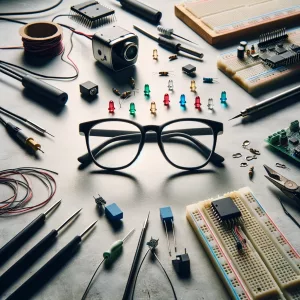D/deaf activists have consistently lamented their exclusion from the decision-making process by service providers. Accessibility is only effective when designed with contributions from those affected by the perceived or known barrier. This paper redresses the historic absence of the D/deaf paradigm, and recenters the focus to the individual’s perspective of accessibility requirements by developing a conceptual framework, constructed through the review of empirical and theoretical literature. The conceptual dimensions presented are from the D/deaf person’s perspective as valued through shared power and ownership. The aim of this conceptual paper is to explore how D/deaf-centric research can be applied and qualitatively measured through the combination of self-report, observation and Mobile eye tracking (MET).
Scientific Publications from Researchers Using iMotions
iMotion is used for some of the most interesting human behavior research studies done by top researchers around the world. Contact us to have your publication featured here.
All Publications










